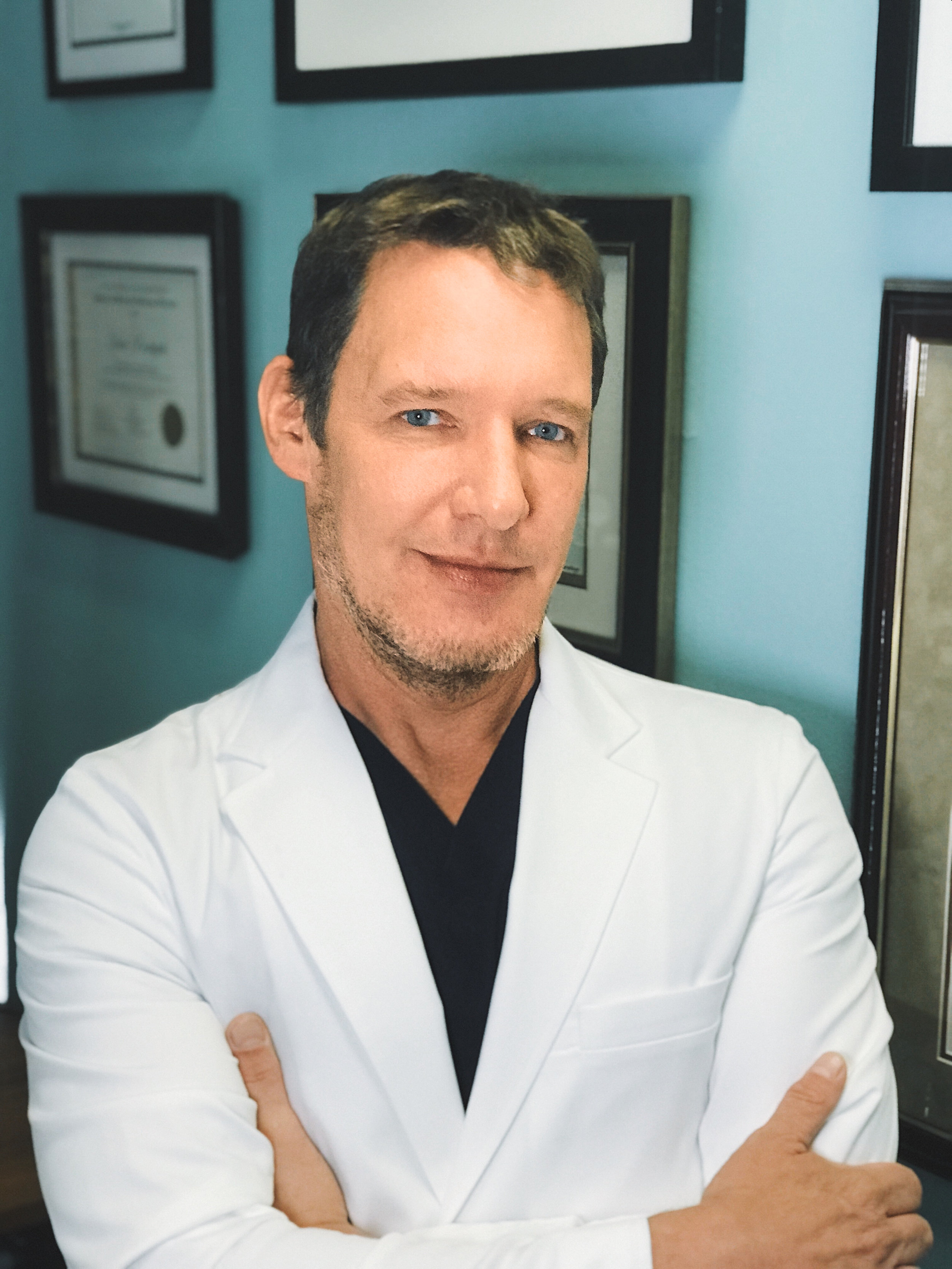Ulcerative colitis, or UC, is a type of chronic inflammatory bowel disease (IBD) that causes widespread inflammation and sores (ulcers) in the lining of your colon (large intestine). It typically begins in your rectum and spreads upward along a variable length of your colon. About one in 1000 people in the Western world have colitis. In the United States, the disease is responsible for over a quarter million physician visits every year.
Although UC can affect people of any age, it tends to follow a bimodal pattern, with one peak at 15 and 30 years, and a second, smaller one, at 50 and 65 years.
WHAT CAUSES ULCERATIVE COLITIS?
We don’t know the exact cause. However, an overactive and faulty immune system bear much of the blame, especially if you’re already genetically susceptible. This means you have an altered gene from your parent that will boost your risk of developing UC when your body mistakes food and normal gut bacteria as harmful invaders and launches an immune attack on your own intestinal tissues.
Genes play quite an important role in UC, which is why roughly 10% to 20% of patients with UC are found to have at least one family member with IBD.
WHAT ARE THE SIGNS AND SYMPTOMS OF UC?
Patients with UC typically experience periods of active disease (aka flare-ups) and periods of remission (when there are fewer or no symptoms). Several factors can cause the disease to flare up. But the commonly used pain-relieving, anti-inflammatory pills called non-steroidal anti-inflammatory drugs and more interestingly quitting smoking typically exacerbate UC.
The most common signs and symptoms of ulcerative colitis include:
Diarrhea, often with blood or pus
Abdominal cramps
Straining at stools due to a feeling of incomplete bowel emptying
A constant, irresistible need to have a bowel movement
Fatigue
Weight loss
Fever
Loss of appetite
HOW IS UC DIAGNOSED?
When patients show up with signs and symptoms suggestive of ulcerative colitis, I generally run a battery of tests to confirm or rule out the diagnosis.
The most useful of these tests often include:
Stool test: A sample of your stool is examined for blood, bacteria, and parasites.
Colonoscopy: This test involves passing a long tube into your rectum to analyze the interior of your colon.
Biopsy: A tissue sample is taken from your colon for evaluation during colonoscopy.
CT scan: If need be, your entire abdomen will be scanned for abnormalities to get a clearer picture.
HOW DO YOU TREAT ULCERATIVE COLITIS?
UC can lead to complications as serious as colon cancer, so seeking help on time is crucial.
The treatment of UC varies from one patient to another depending on the:
disease stage (active, remission)
extent (left-sided colon, right-sided colon, entire colon)
severity (mild, moderate, severe)
Hence, the treatment is tailored to an individual patient’s needs in a highly patient-centered way. Medications are the mainstay of treatment for controlling the inflammation in UC. The goal of treatment is to get the inflammation under control, mitigate your symptoms, and induce remission. Medications from the following categories are generally used for this condition:
Aminosalicylates, which limit inflammation in mild to moderate UC.
Corticosteroids are used to induce remission during the flare-ups and tame inflammation quickly. That said, we do not prescribe these medications for long term use, as they work by suppressing your immune system and can thus cause serious side effects.
Immunosuppressants are safer for long term use, as they work to calm the overactive immune system but take time to work.
Janus kinase inhibitors block a particular molecular pathway in your body that promotes inflammation and thus curb a moderate-to-severe degree of colonic inflammation.
Antibiotics are used to avert a life-threatening infection that may occur in patients with UC.
In addition to medicines, focusing on your diet and busting your stress may help bring your symptoms under control. Evidence shows that probiotics may also help attain remission.
We recommend surgery when medical treatment fails or when a critical complication (like perforation of the colon) emerges. Surgical options include removing the entire colon (known as total colectomy) and bringing the lowest part of the small intestine to your belly by creating an opening (called ileostomy) in your belly skin.
If you experience any of the above signs and symptoms, contact my office at 310-360-6807 or click the button below to schedule an appointment.
